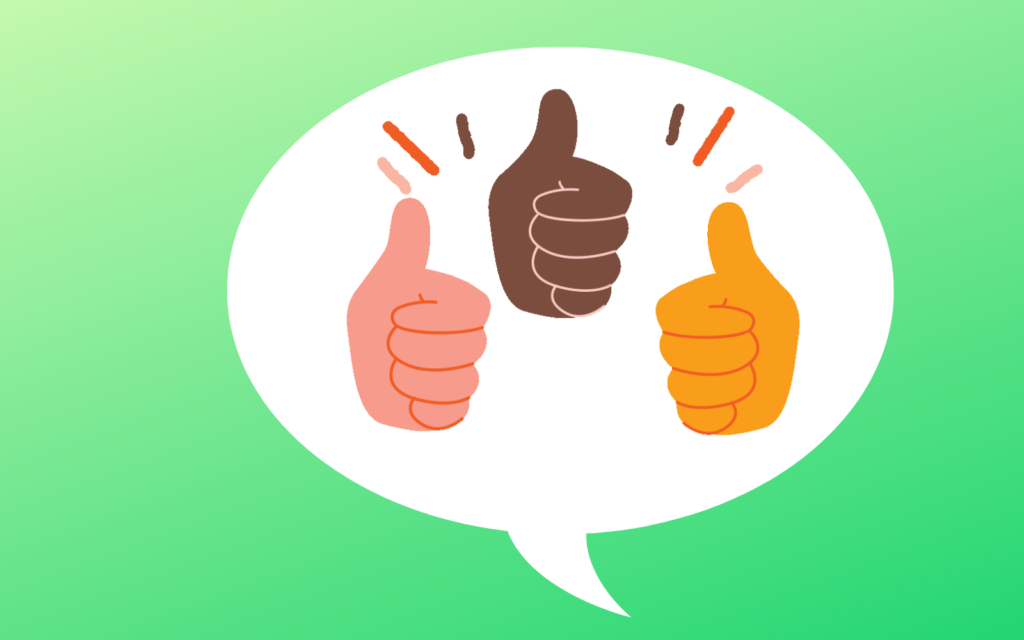Generation Z, also known as the Zoomers, has ‘cancelled’ another emoji, labelling the thumbs-up emoji as hostile, rude, and passive-aggressive when used in the workplace. In a debate between Zoomers and Millenials on Reddit, Zoomers advised millennials to avoid using the thumbs-up emoji after a Reddit user said they were not comfortable posting the ‘thumbs-up’ emoji reaction.
Okay, let’s clear out the generations before we go too far…
Generation Z(Gen Z) are the Zoomers and they were born between the 1990s and early 2010s. They’re also the first humans to have grown up with most of the technology we use today as the norm. Touchscreens were as normal to them as landline telephones were to most Millennials.
Millennials are Generation Y (Gen Y) and they were born between the early 1980s and the mid-1990s to 2000s. These ones had to learn to use most of the tech used today as it was not around when they were younger. They used telephones, then used cellphones with buttons, and then had to learn how touch screens work,
Back to the emojis being passive-aggressive, or not
The Reddit user also said they were not adult enough to comfortably use the thumbs-up emoji. Other posters jumped in to agree with the Zoomer, some saying it was ‘super rude’ for someone to ‘just’ send a thumbs-up. Yes, definitely sounds like a zoomer.
A user said the thumbs-up emoji was often used in their work WhatsApp group and they found it hostile to do so.
A 24-year-old said, “ For younger people, the thumbs-up emoji is used to be really passive-aggressive”.
Millennials said the thumb-up emoji means acknowledging a demand and could also be used as a form of encouragement.
Read More: YouTube is testing out emoji reactions to videos on the platform
Other emojis that are considered ‘cancelled’ in the workplace…not according to us
The heart emoji has also come under scrutiny in the past. Some argue that it should not be used in workplace conversations and that it should be reserved for personal conversations with friends and family.

Source: The Economic Times
